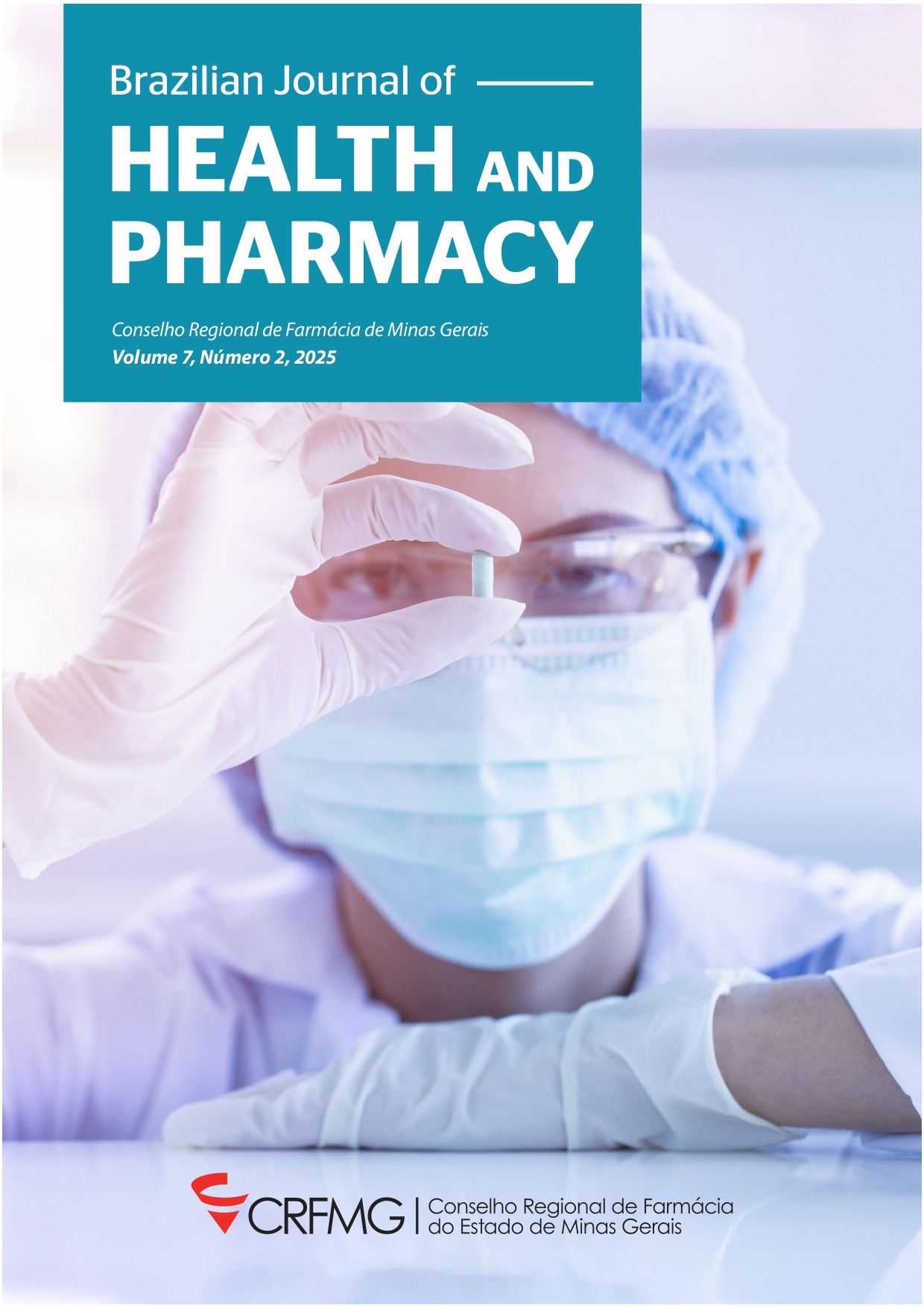Abstract
The world is still dealing with the direct and indirect effects of the COVID-19 pandemic, which has caused more than 6 million deaths. This cross-sectional study, conducted in a field hospital in Rio de Janeiro between May and October 2020, evaluated the demographic and clinical variables and the use of prescribed medications of COVID-19 patients with the clinical outcomes of death, hospital discharge and length of stay. Variables associations were analyzed using logistic regression models, determining the odds ratio (OR) and their respective 95% confidence intervals (CI). A total of 784 COVID-19 positive patients were hospitalized for approximately 8 days (0-64), of whom 55.6% were male, aged 63 years (20-103), 79.5% had one or more comorbidities, and 34.4% died. The most commonly prescribed medications were 98% anticoagulants, 82% macrolide antibiotics, 79% corticosteroids, and 67% penicillin. Mortality was associated with: ≥ 60 years (OR=1.9; 95%CI=1.3-2.8), obesity (OR=1.5; 95%CI=1.1-2.2), use of two or more antibiotics (OR=3,1; 95%CI=1,6-5,7), use of systemic corticosteroids (OR=2,7; 95%CI=1,7-4,2) and carbapenem antibiotics (OR=34,1; 95%CI=17,3-67,1), cephalosporins (OR=2,8; 95%CI=2,0-4,9), glycopeptides (OR=33,1; 95%CI=14,7-75,0) and aminoglycosides (OR=23,0; 95%CI=6,6-79,6). The results of this study can build a database to understand the factors associated with mortality in patients hospitalized due to SARS-CoV-2 virus infection, and help implement therapeutic strategies and personalized approaches for the management of any future emergency, especially in field hospitals with limited resources.


